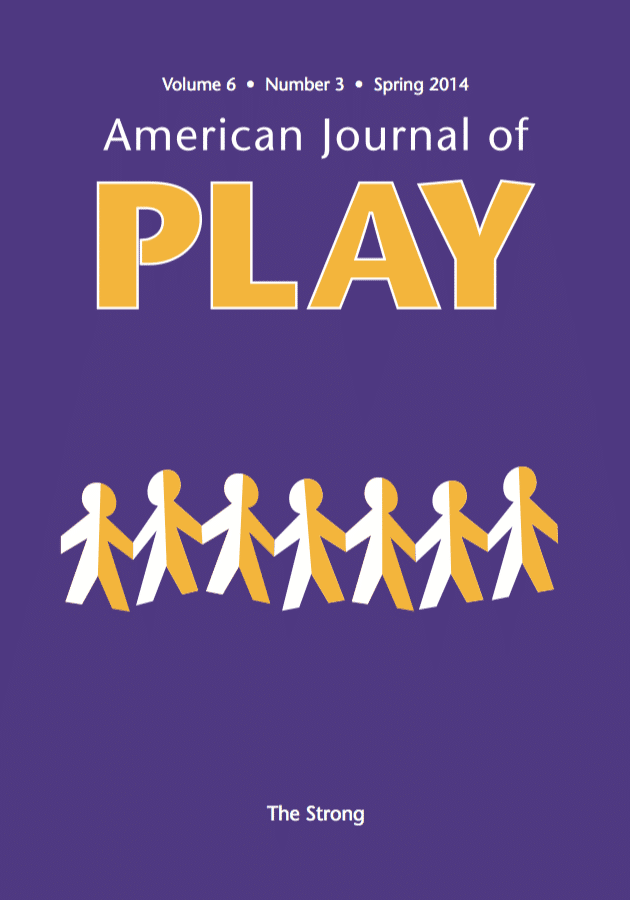Play and the Art of Psychotherapy: An Interview with Terry Marks-Tarlow
Terry Marks-Tarlow is a clinical and consulting psychologist and psychotherapist and a member of the teaching faculty at the Reiss Davis Child Study Center in Los Angeles. She is the author of Awakening Clinical Intuition: An Experiential Workbook for Psychotherapists; Psyche’s Veil: Psychotherapy, Fractals, and Complexity; Clinical Intuition in Psychotherapy: The Neurobiology of Embodied Response; and Creativity Inside Out: Learning through Multiple Intelligences. She is also a research associate of the Institute of Fractal Research in Germany, and her numerous publications include several works on fractals. Marks-Tarlow is also a rock-climber, dancer, painter, librettist, and yoga teacher. In this far-reaching interview, she explores the sources of play, creativity, and social connection and their relationship to the search for mental equilibrium. She discusses the game-like interplay of therapist and patient. And she suggests that fluid states of play rather than rigid theory should guide the course of therapy and inform clinical insight. Key words: clinical intuition, creativity, fractals, playful therapy, psychotherapy





